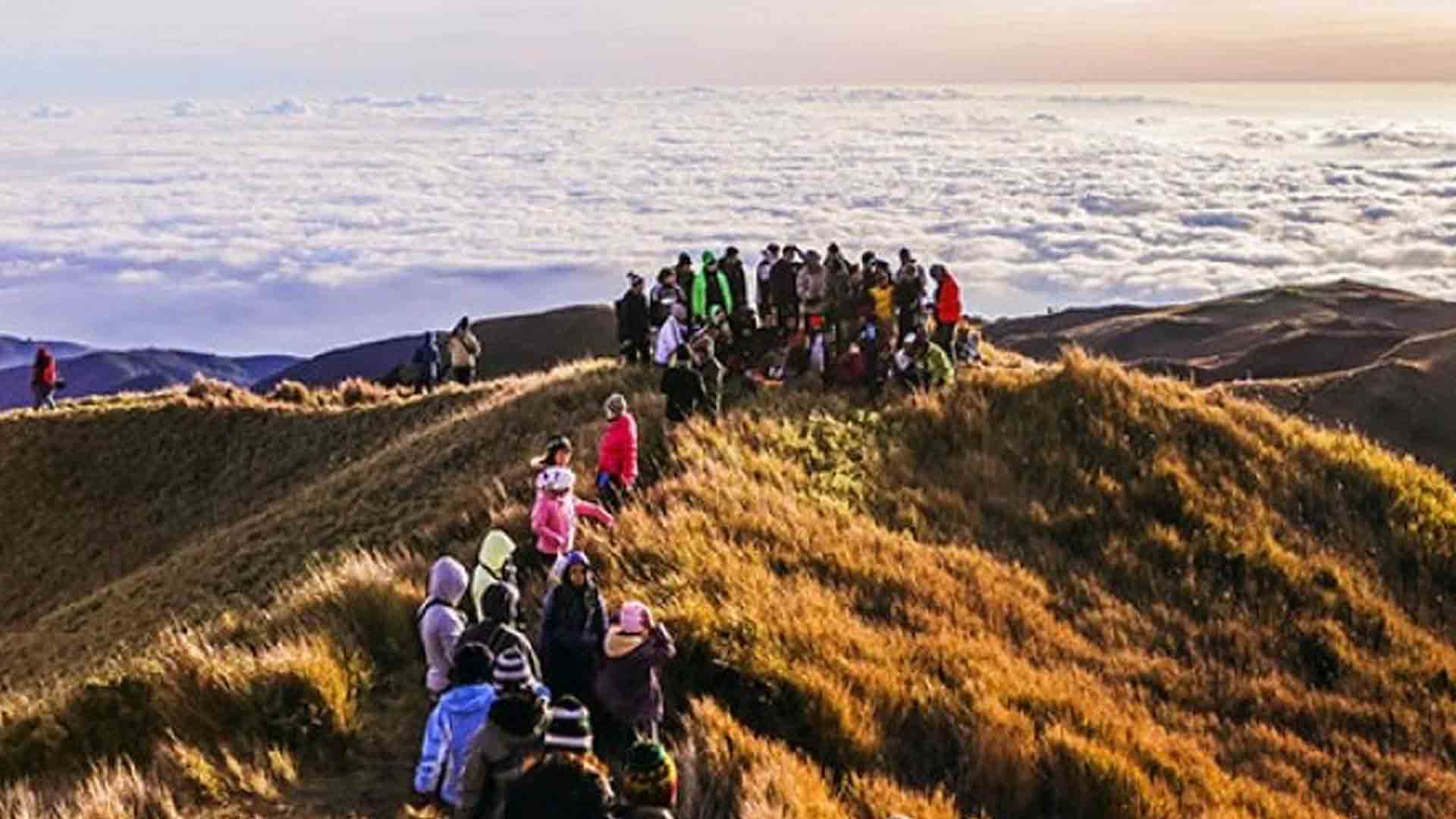President Rodrigo Roa Duterte has signed into law five measures declaring Mt. Pulag and four other sites in the country as protected areas.
Duterte on April 8 inked Republic Acts (RAs) 11684, 11685, 11686, 11687, and 11688, adding Mt. Arayat in Pampanga, Mt. Pulag in Benguet, Naga-Kabasalan in Zamboanga Sibugay, Tirad Pass in Ilocos Sur, and Banao in Kalinga to the list of areas protected under the National Integrated Protected Areas System (NIPAS).
The laws classify the five sites as “protected landscapes.”
“As such, the State shall ensure the conservation, protection, management and rehabilitation of the area. It is likewise recognized that effective administration of this area is possible only through cooperation among national government, local government units (LGUs), concerned nongovernmental organizations (NGOs), private entities and local communities,” the RAs read.
According to the laws, the use and enjoyment of the protected landscapes must be consistent with the principles of biological diversity and sustainable development.
The laws mandate the State to ensure the mobilization of resources for the institutional mechanisms, as well as the full scientific and technical support needed for the conservation of biodiversity and the integrity of the ecosystems, culture and indigenous practices.
Under RAs 11684, 11685, 11686, 11687, and 11688, the Secretary of the Department of Environment and Natural Resources (DENR), upon the recommendation of the Protected Area Management Board (PAMB), may designate areas surrounding the protected areas for the purpose of providing an “extra layer of protection” where restrictions may be applied.
“In cases where the designated buffer zone would cover private lands, the owners thereof shall be required to design their development with due consideration to the protected area management plan,” the laws said.
The PAMB will be created within 90 days from the effectivity of the laws to oversee the management of the protected landscapes.
The board will be chaired by DENR Regional Executive Director.
The Protected Area Management Office (PAMO) will also be established. This will be headed by a Protected Area Superintendent (PASu) who will supervise the day-to-day management, protection, and administration of the protected areas.
A trust fund will likewise be established for purposes of financing projects.
The PAMB will retain 75 percent of all revenues raised, which will be deposited to the Protected Area-Retained Income Account in any authorized government depository bank within the locality.
The fund may be augmented by grants, donations, and endowment from domestic or foreign sources.
“The fund shall be deposited in full as a special account in the National Treasury and disbursements therefrom shall be made solely for the protection, maintenance, administration, and management of the NIPAS and duly approved projects endorsed by the PAMB in accordance with existing accounting, budgeting, and auditing rules and regulations,” according to the laws.
The fund, the RAs stressed, must not be used for personal services expenditures.
The LGUs are directed to continue the imposition of taxes and collection of all other fees they have traditionally collected, including business permits, property tax and rentals of local governments’ facilities.
The laws, which were made public on Thursday, take effect 15 days after publication in the Official Gazette or in a newspaper of general circulation. (PNA)







